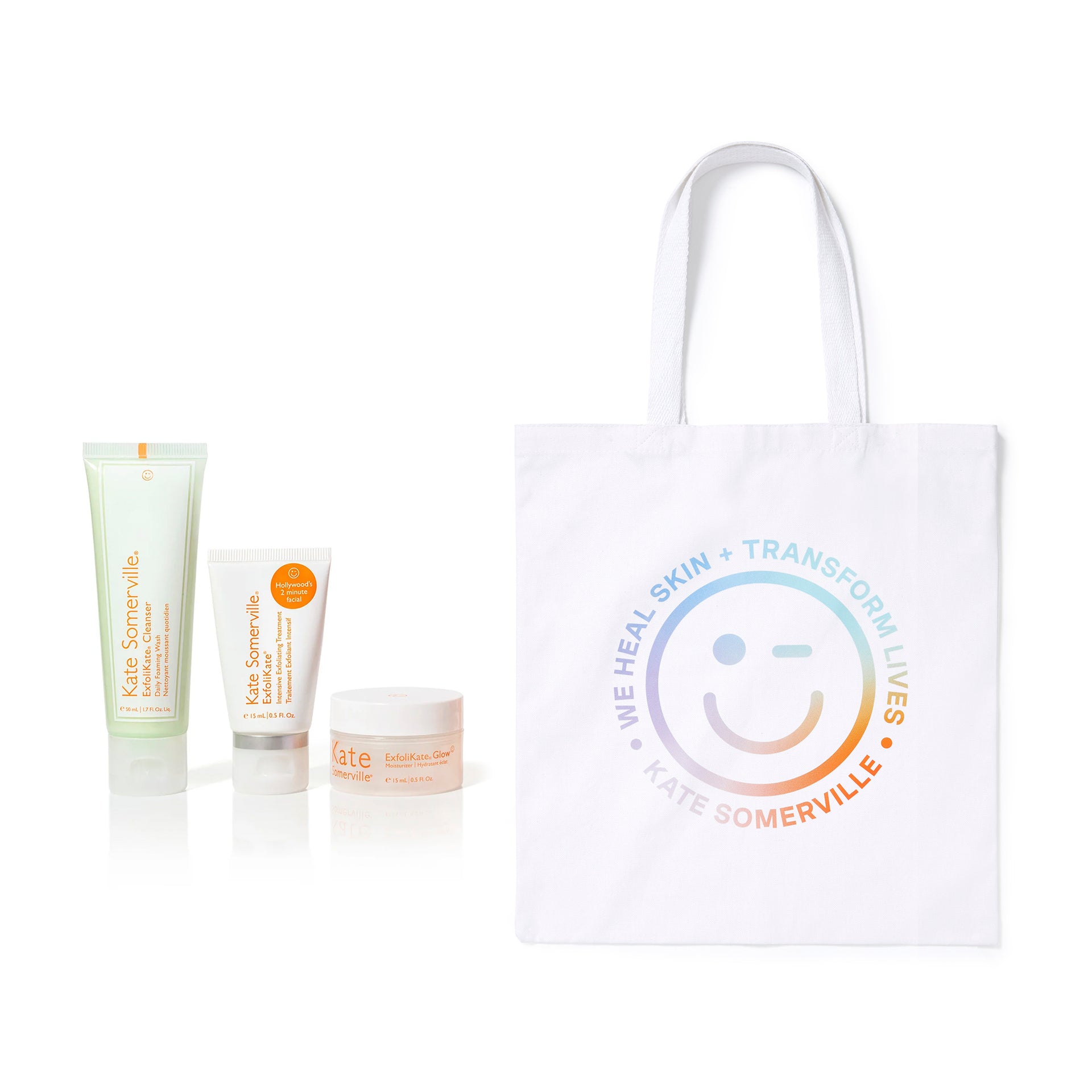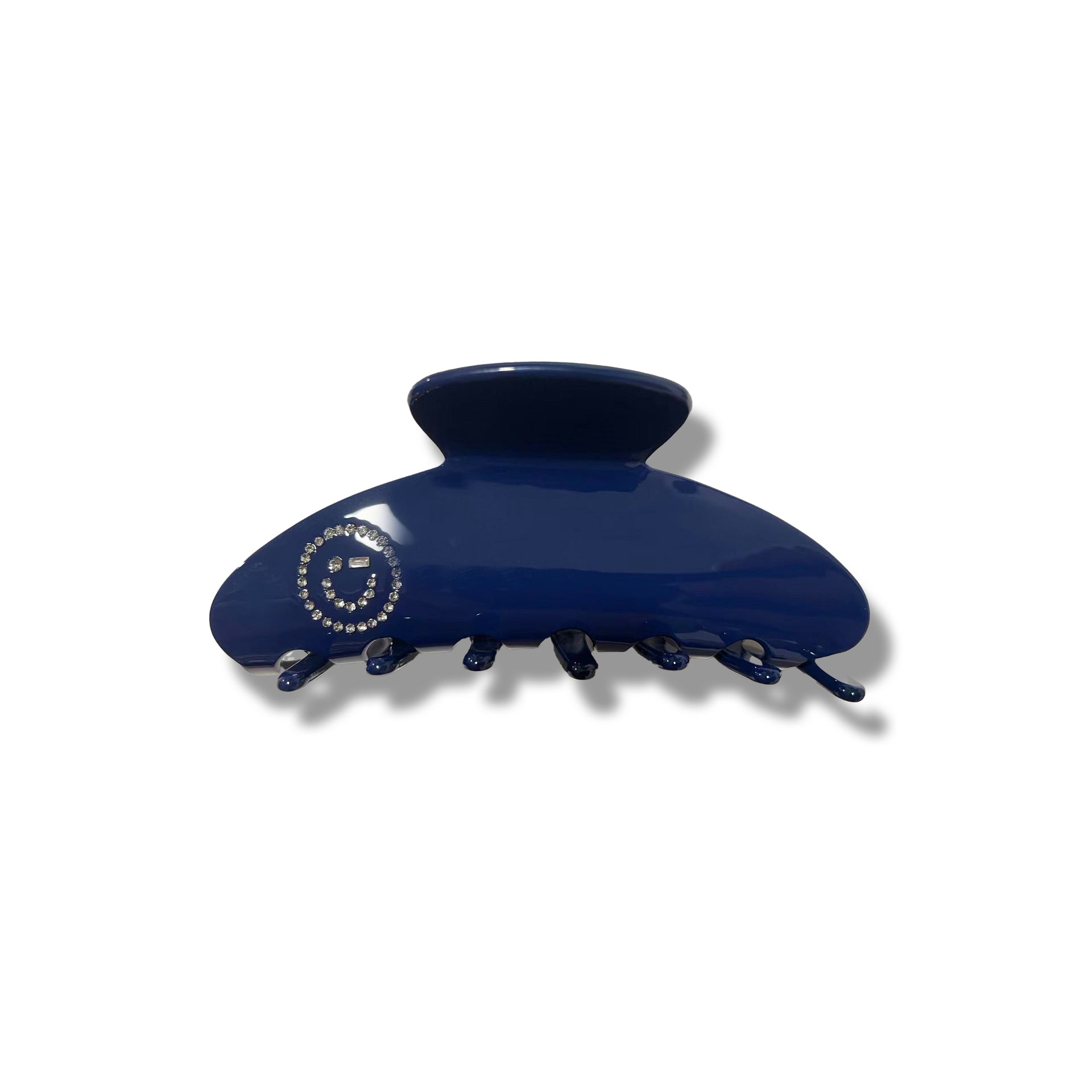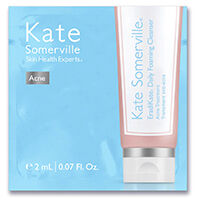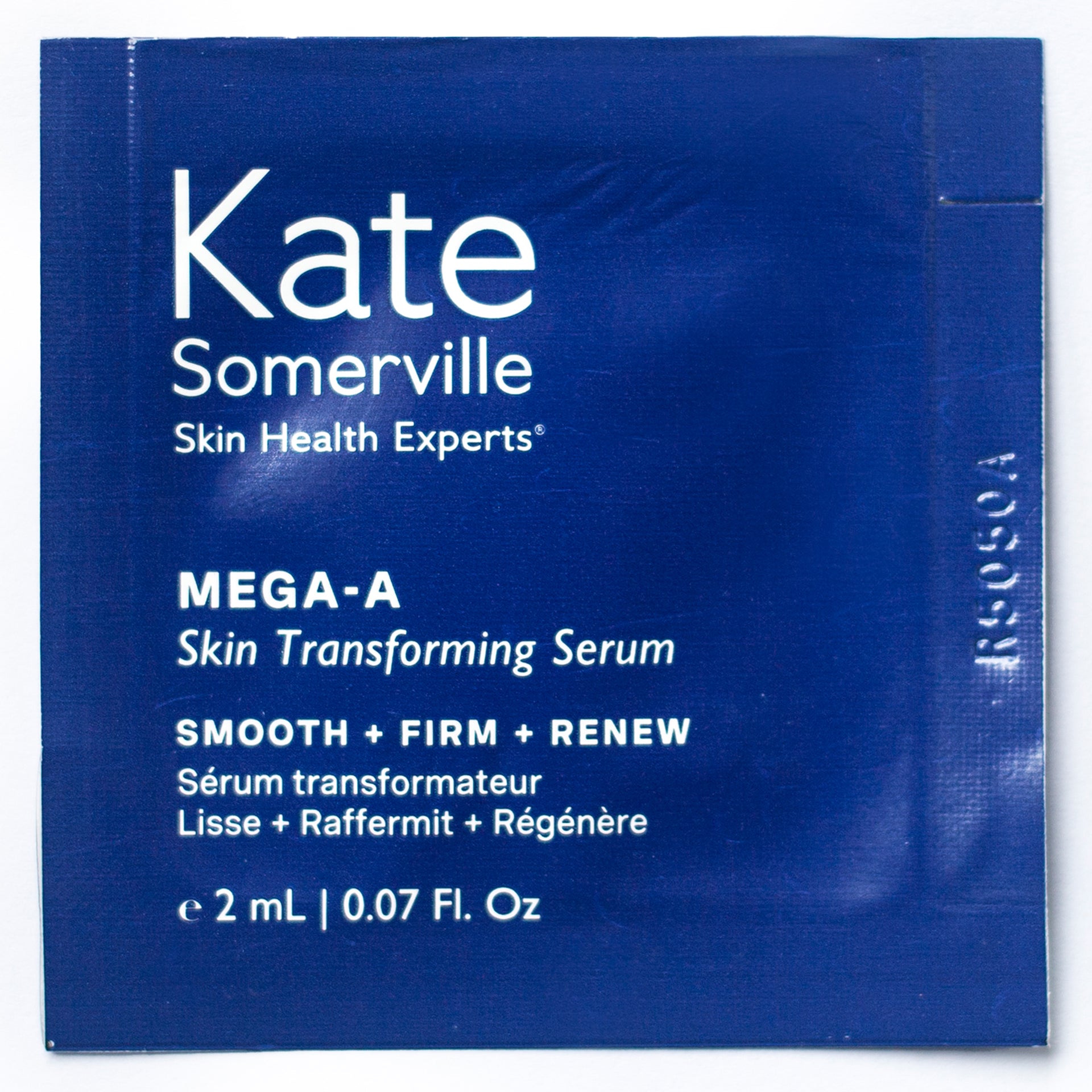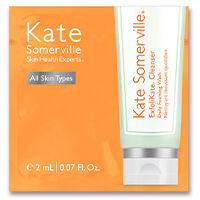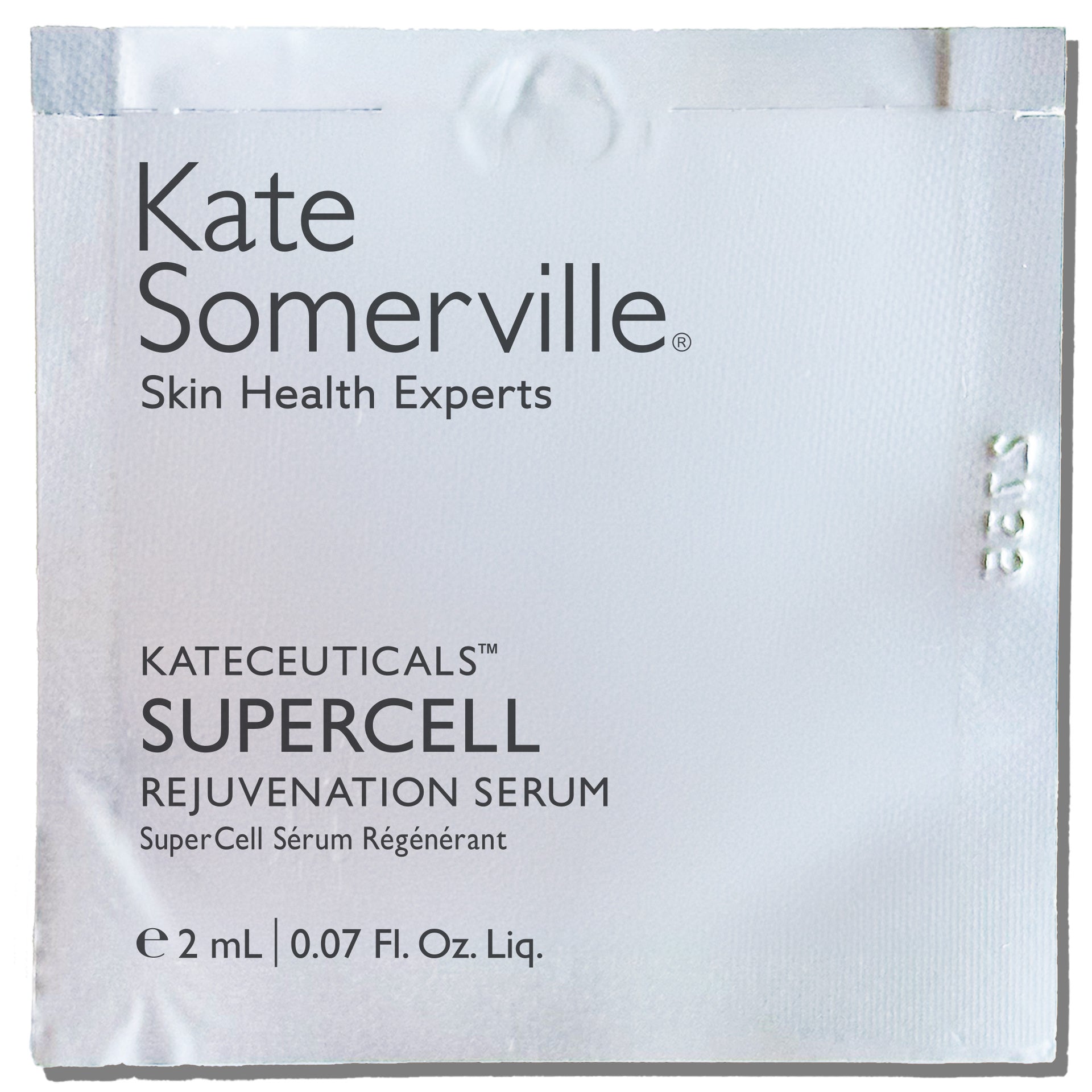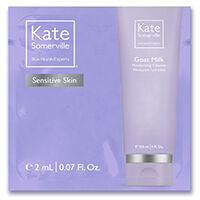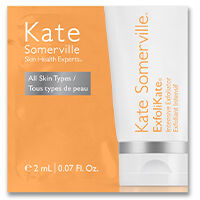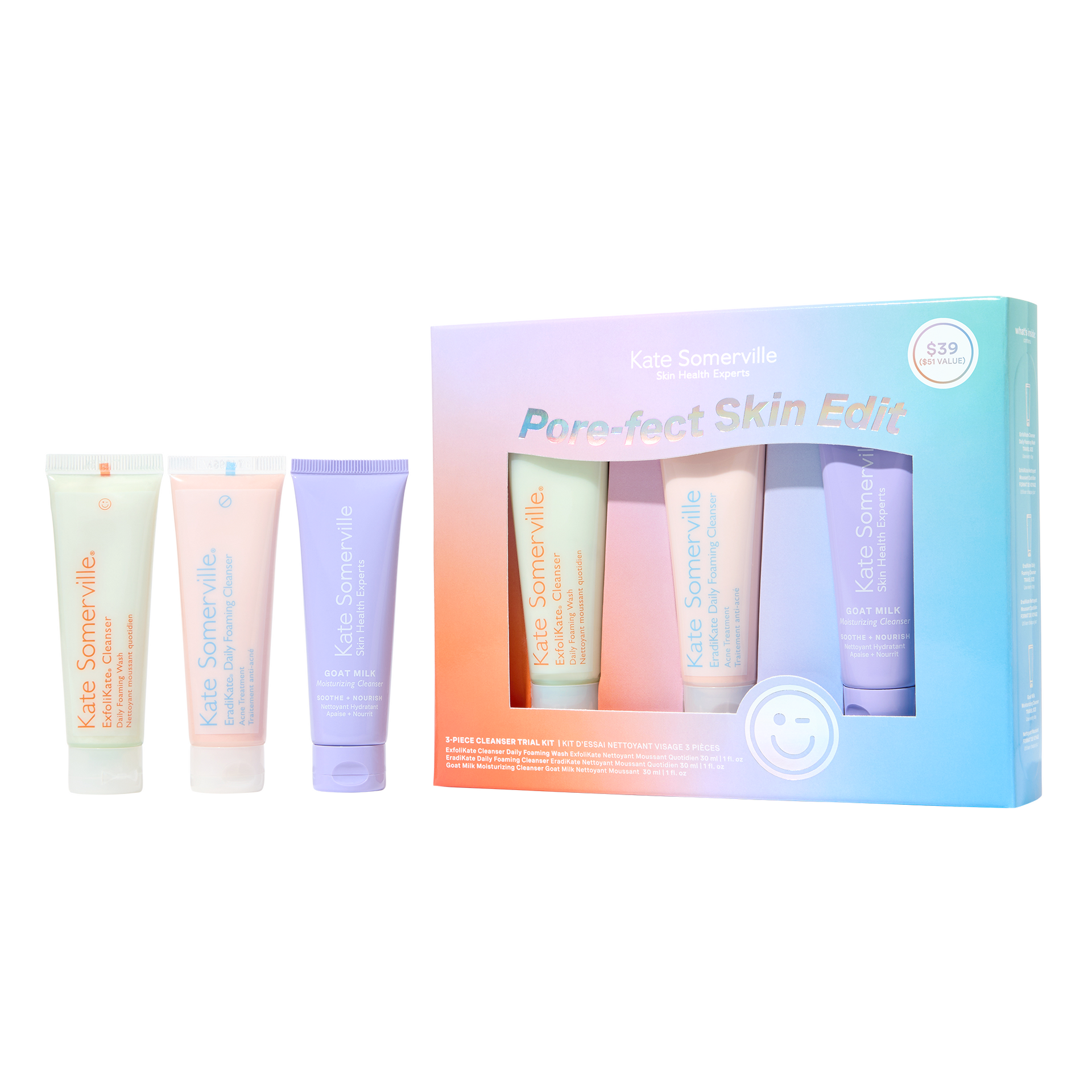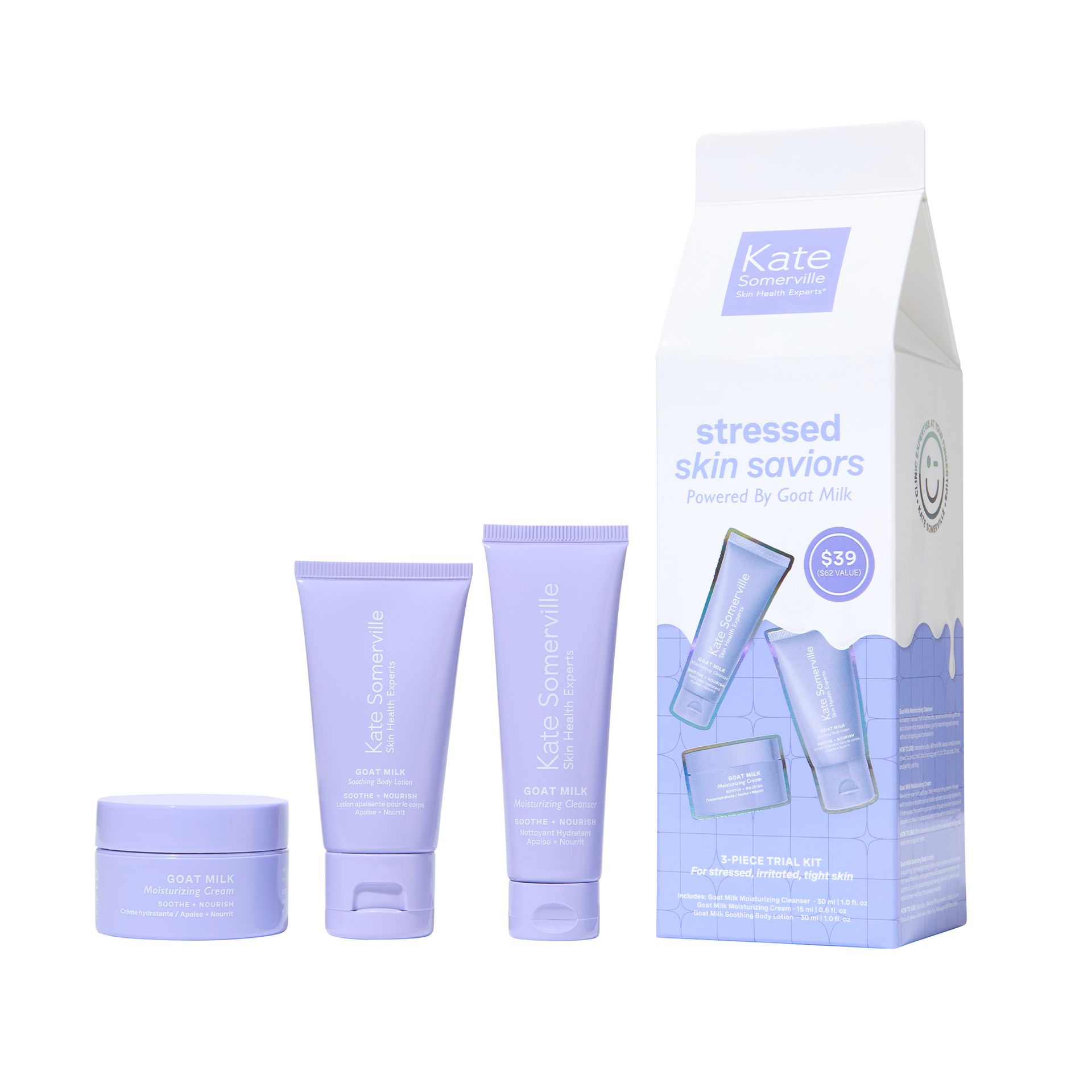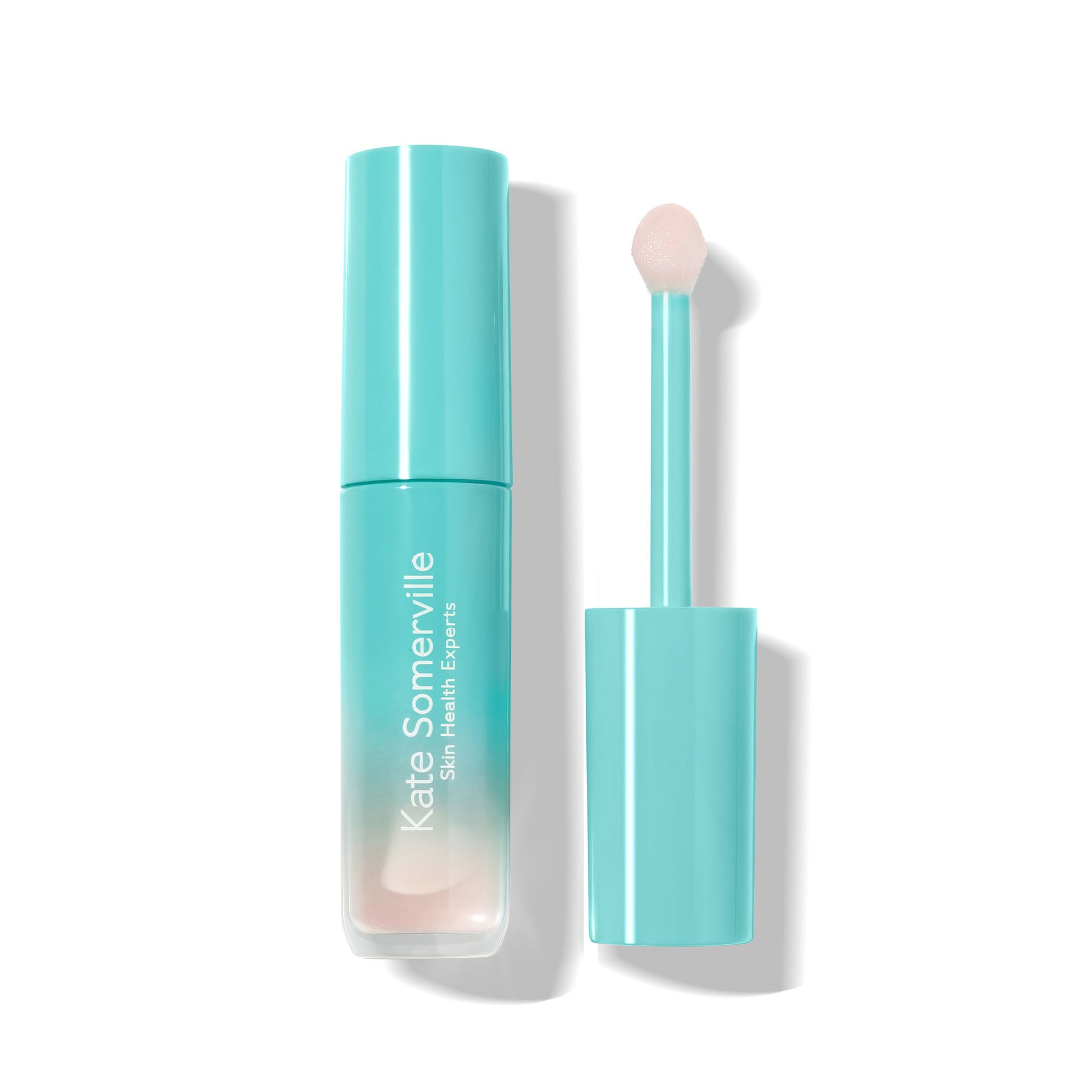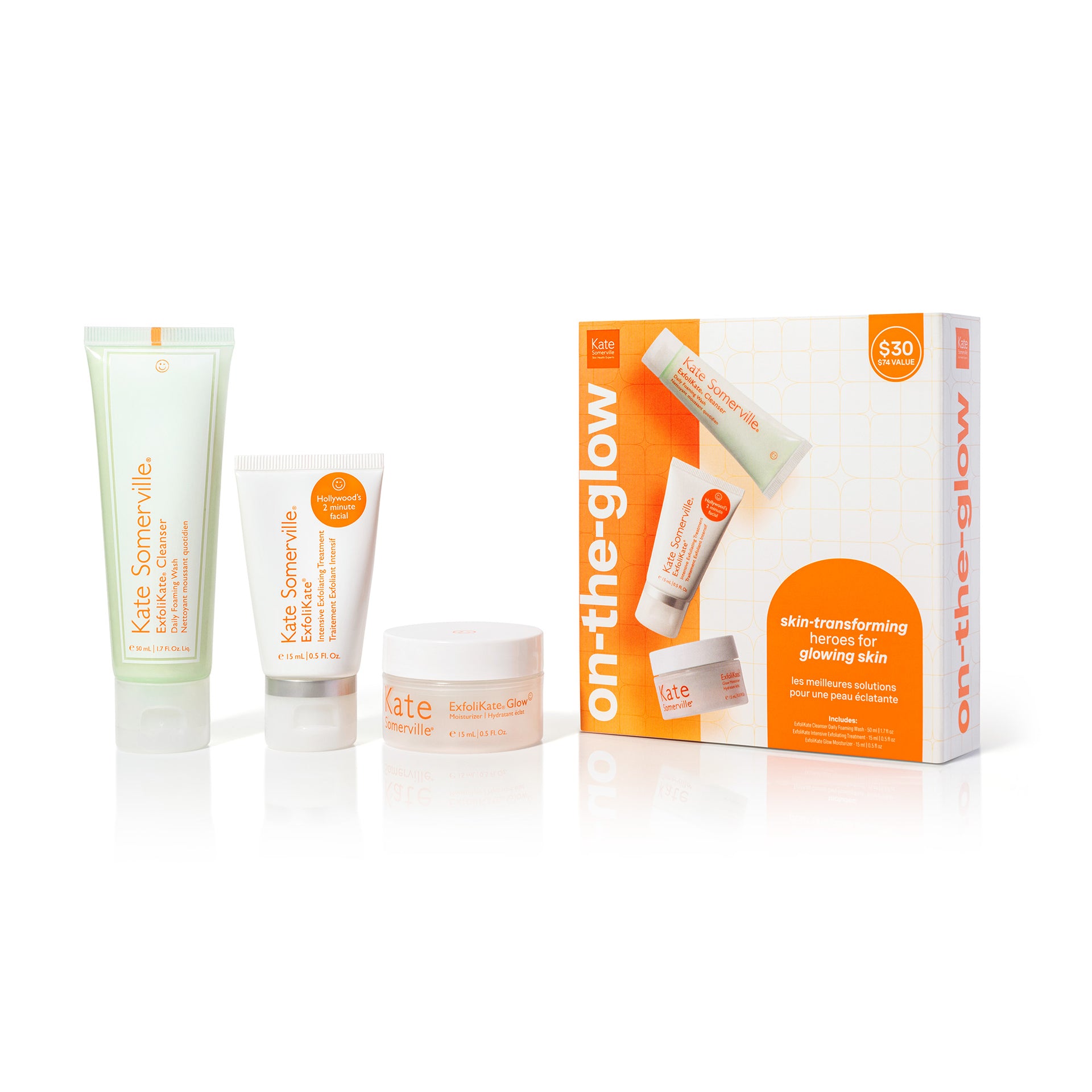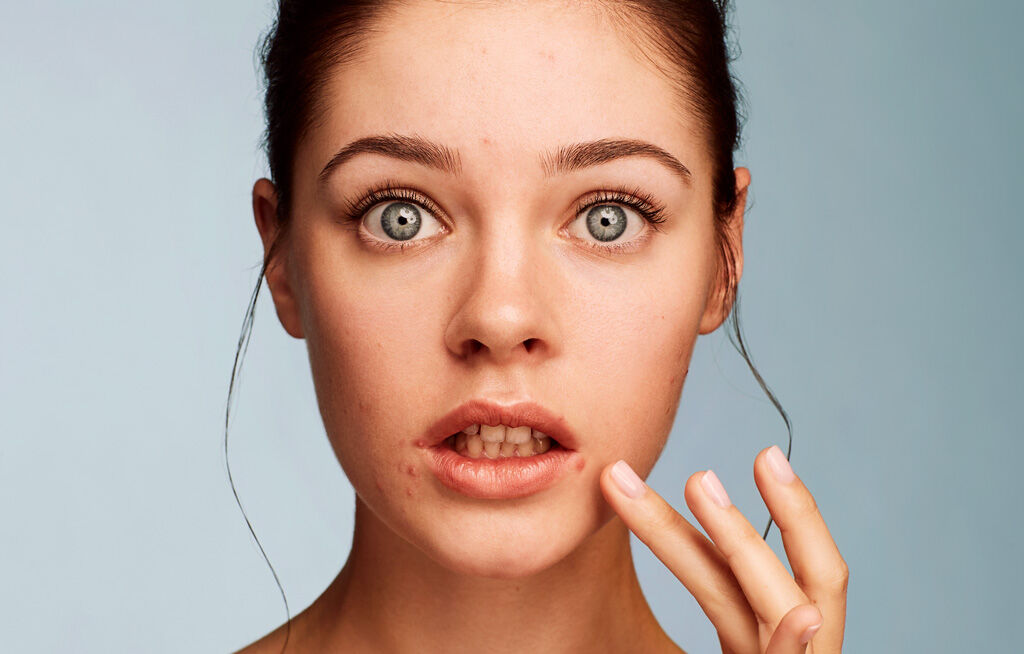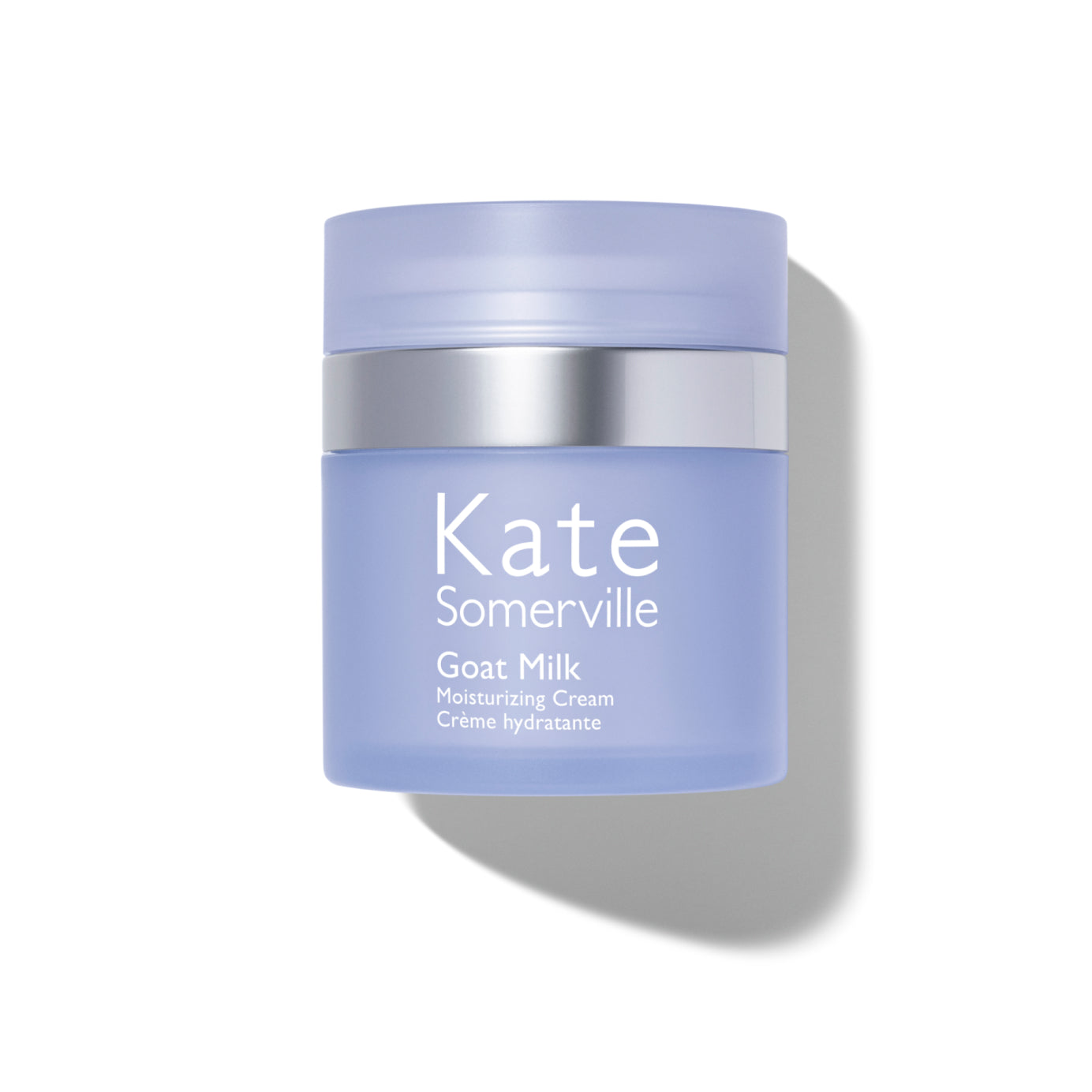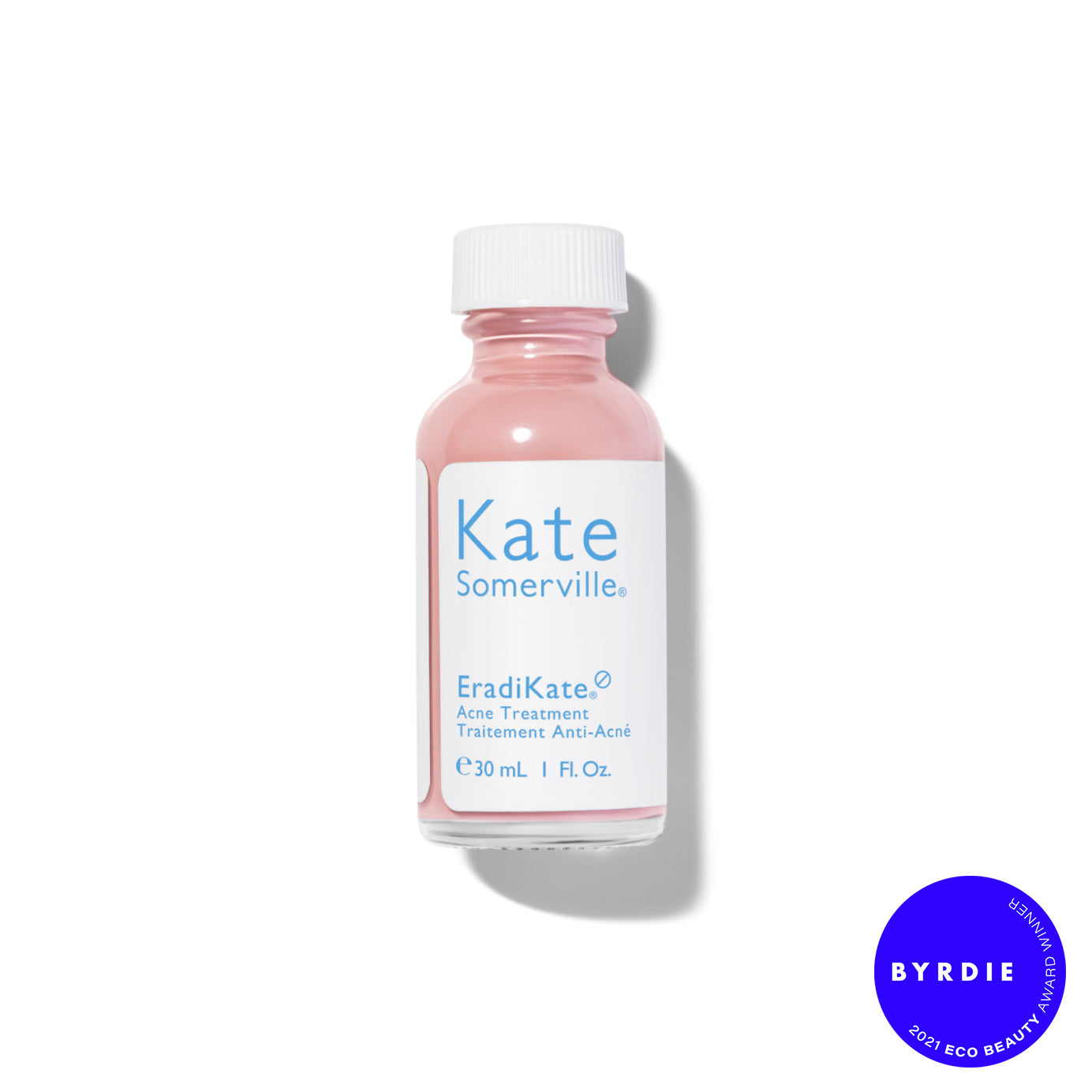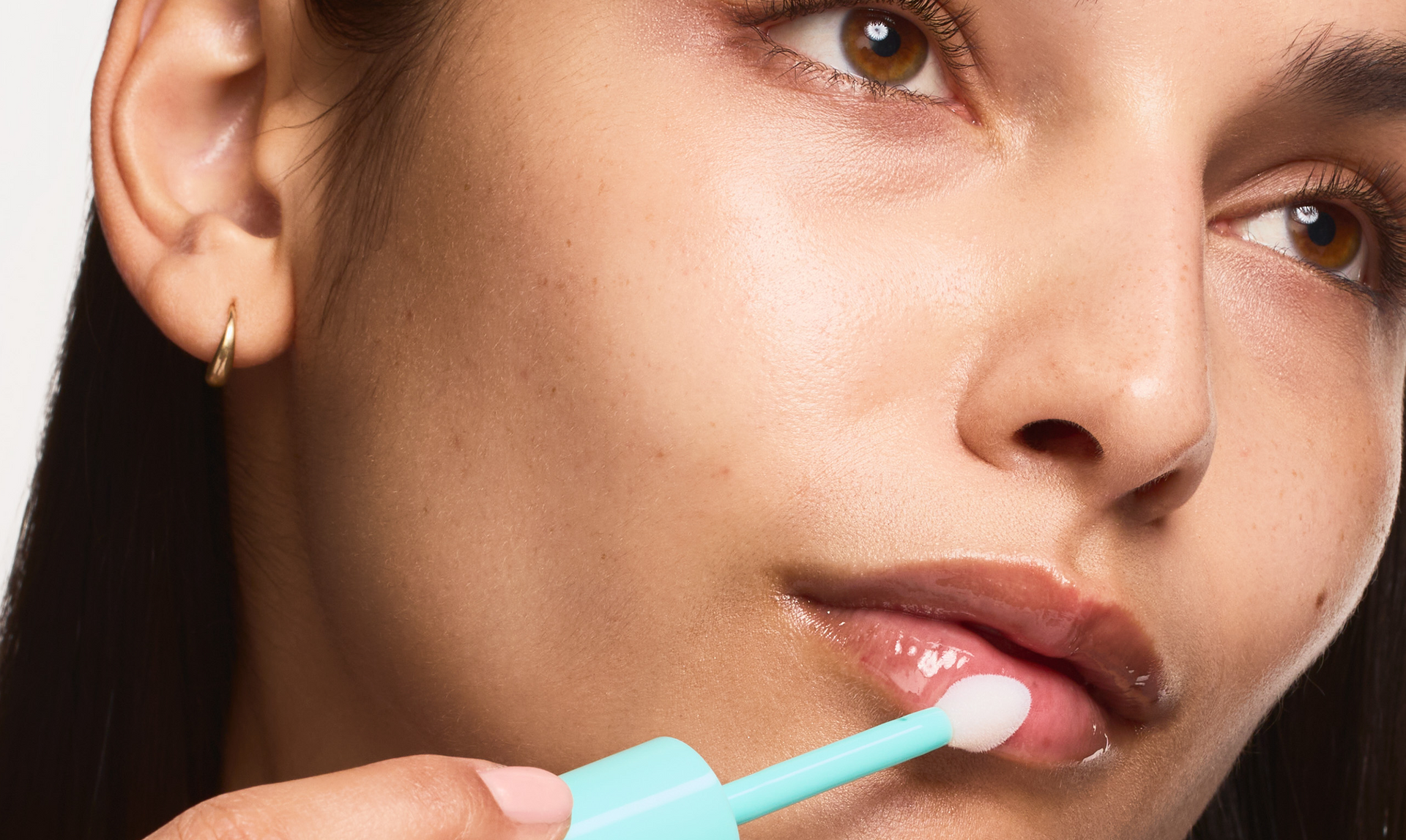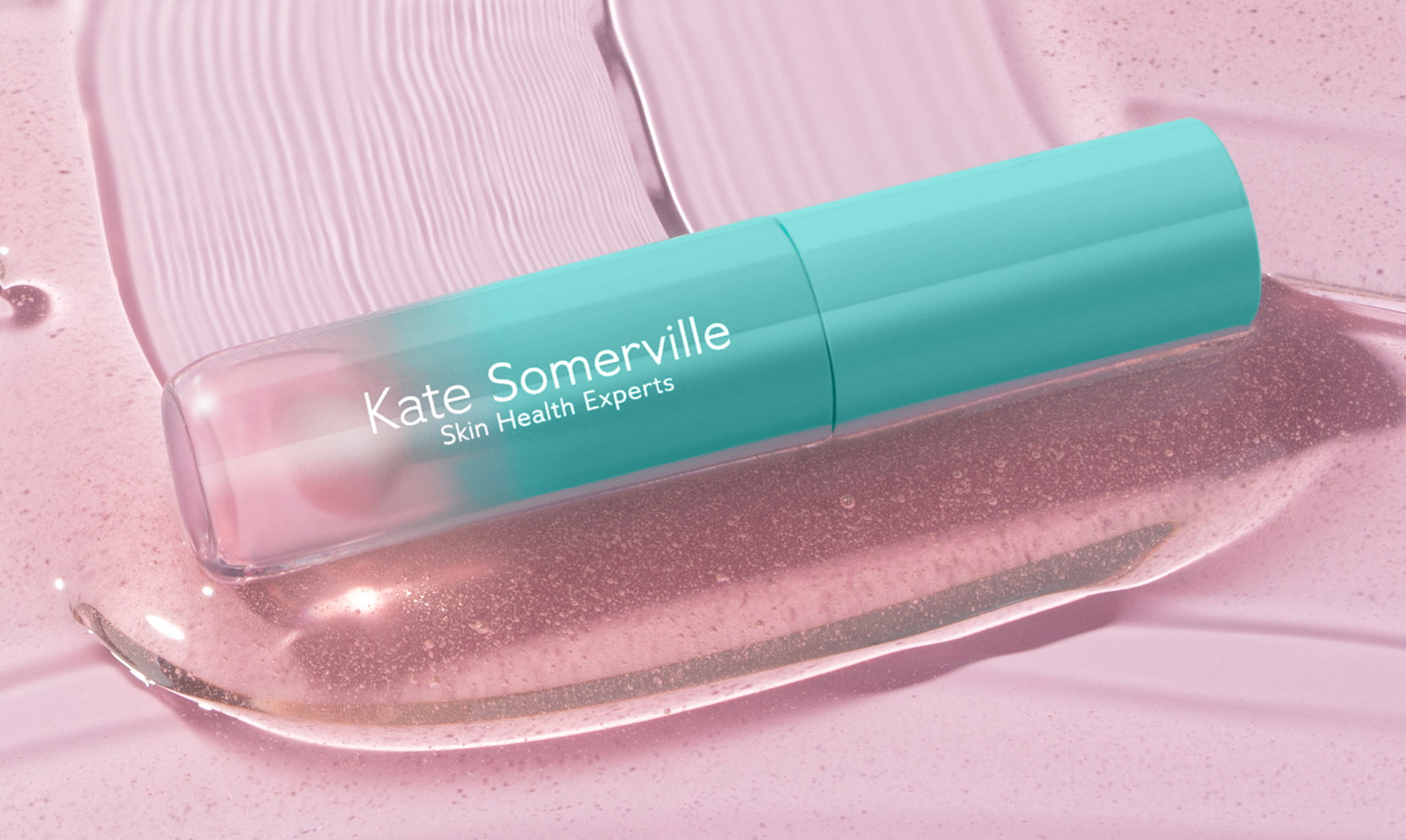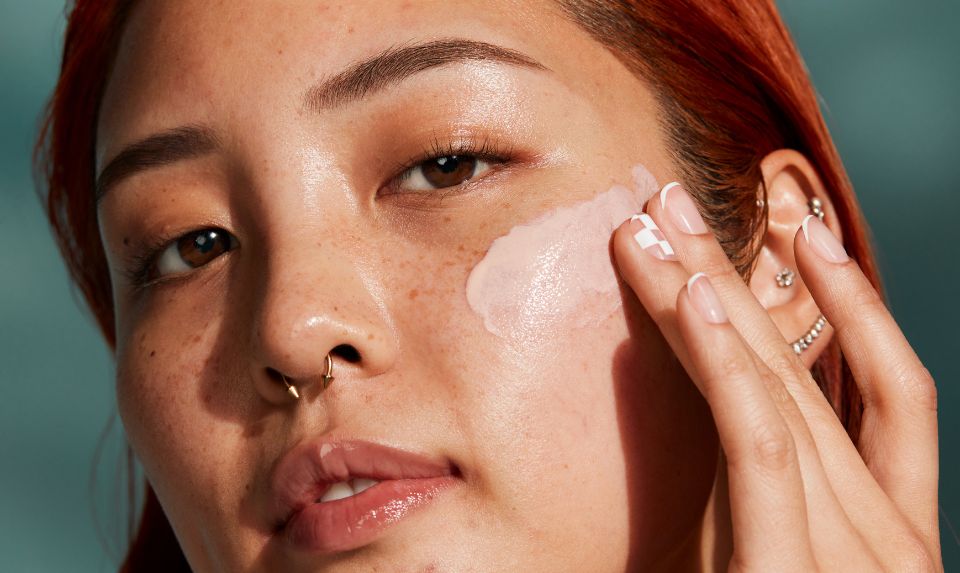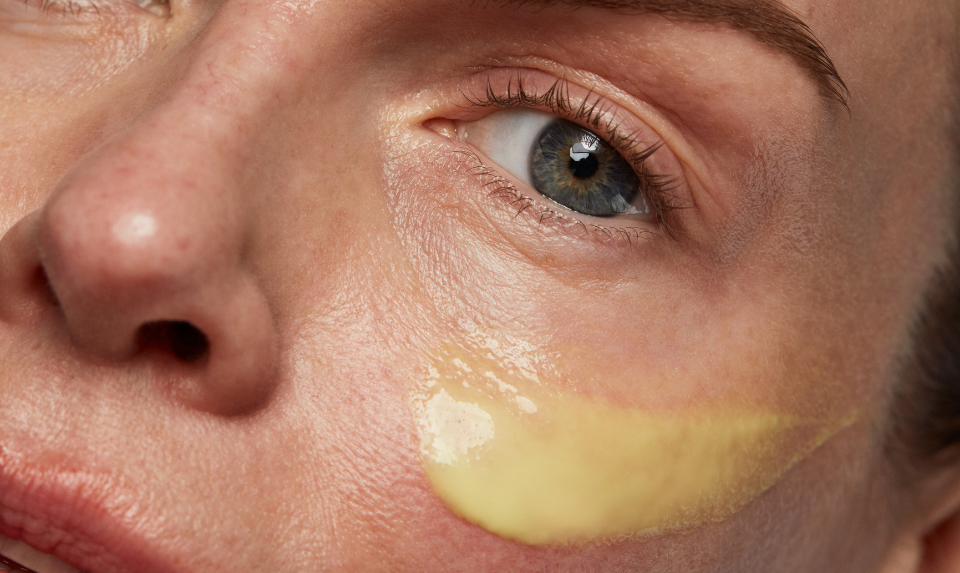Living with acne-prone skin can be a challenge. Acne, a common skin condition, is one that can cause a variety of blemishes. Pimples, whiteheads, blackheads and cysts are all different types of blemishes that can be caused by acne. There are several types of acne treatment products used to stop these blemishes in their tracks. However, one of the best ways to treat those pesky pimples is to take measures in preventing breakouts from happening in the first place.
Preventing acne is the key to keeping your face pimple-free, and the first step in helping to prevent all types of acne is to keep your pores clear. No matter which type of acne you're experiencing, acne starts because of a blockage in the pore [1]. If you want acne-free skin, it’s essential that you prevent pores from being blocked. Whether that involves keeping your face dirt-free or finding a skincare routine that normalizes your oil production, knowing how to prevent pimples from forming can help banish blemishes once and for all. Apply these well-known acne prevention secrets to help you better manage your breakouts and successfully keep acne at bay.
Wash Your Face
Washing your face is one of the best (and simplest) ways to remove anything that might clog pores. Cleansing your face helps to wash away dirt, excess oil, sweat, dead skin cells and makeup. Depending on the facial cleanser you use, washing your face can also help treat current acne by helping to reduce bacteria. Many dermatologists suggest that you should wash your face twice daily with a mild cleanser, once in the morning and once at night. If you're in a time crunch and have to choose just one, then at the bare minimum, you should wash your face every night. During the day, we are exposed to a variety of environments, which means that dirt, bacteria, sweat and oil have the chance to build on our face, causing irritation. Removing all of this gunk before bed will help you wake up fresh-faced!
Avoid Over-Washing
While washing your face is a great way to help prevent pimples, be aware that over-washing can be just as harmful as not washing at all. Over-washing your face can cause your skin to become too dry, which may worsen pimples. To ensure that your face stays hydrated, even after it's washed, we suggest applying a high-quality moisturizer like the Kate Somerville Goat Milk Moisturizing Cream. A moisturizer like this will help keep your skin from becoming too dry.
Don't Pop or Pick Pimples
We get it. One of the first things you want to do when you spot a pimple is to pop it. While you might be inclined to squeeze a pimple, doing so can result in even more acne. Plus, popping a pimple will likely cause added inflammation and possible scarring.
To get rid of pimples, avoid popping them and use a topical treatment instead. While topical treatments may take some time before you see results, they'll help reduce the size of the pimple and prevent new acne from forming.
Apply Acne Treatments
If your skin is prone to acne, we suggest finding an acne treatment you love and establishing healthy habits for your skin by using products and treatments regularly. Acne treatments like specialized creams and night serums can help reduce breakouts and stop current breakouts from spreading.
Acne products containing salicylic acid, sulfur and benzoyl peroxide are some of the most effective treatment options available without a prescription. While these products may not be as powerful as prescription-strength treatments, they are incredibly effective—primarily when used to prevent mild to moderate acne. Sulfur in acne treatments, such as our EradiKate® Acne Treatment is specially formulated to help clear blemishes, reduce the appearance of redness and is one of the best ways to prevent pimples.
Retinol Treatments
If you're dealing with stubborn breakouts and using acne products with the above ingredients hasn’t worked, it might be time to try retinol serum products. When used regularly, retinoids can help unclog pores by encouraging your skin’s exfoliation process [2] and enable other acne products and creams to work better.
So, how does retinol work? Retinol works to help speed up cell turnover rates. This rapid cell turnover helps to decrease the amount of buildup from dead skin cells and keep your pores clear of any blockage - which is how zits form!
Cut Back on Acne-Causing Foods
While there's no direct link between diet and acne breakouts, various studies suggest that certain foods might trigger acne in individuals. Highly processed foods like fast food, refined grains and candy can play a large role in the development of acne because of how they affect hormone levels. Following a hormonal acne diet can help to avoid and prevent breakouts that may arise due to hormonal imbalance.
Aside from processed foods, consuming foods that you are sensitive to can also lead to an increase in breakouts. Because acne is an inflammatory condition [3], food sensitivities may contribute to that inflammation and further aggravate current acne. If you notice that you're experiencing more breakouts than usual, take note of your diet and any changes that may have occurred recently. Everyone is different and one food that might cause trouble for some may not affect another.
Put the Tips to the Test
Now that we've outlined how to avoid breakouts and banish blemishes once and for all, it's time for you to put these tips to the test. We hope this advice on how to reduce acne helps you create the perfect acne-fighting skincare routine for your skin type. Say goodbye to breakouts and hello to clearer skin!
Sources:
